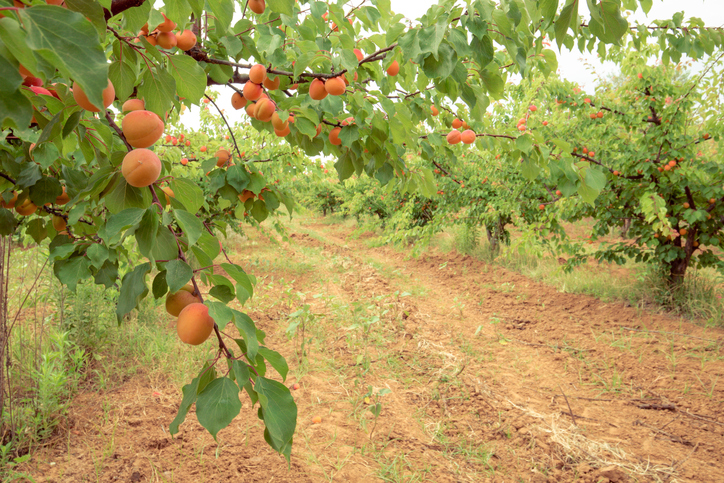ripe
(adjective)
/raɪp/
 LISTEN
LISTEN


You might have heard ripe as an adjective to describe fruit, meaning ‘completely matured and ready to be picked and eaten.’ It is also used figuratively to mean ‘resembling fruit in its fullness’ and also ‘in its best condition to be used.’ If the time is ripe for something, that means it is a good time to do it and if ideas or plans are ripe, it means they are ready for action. If someone is ripe, it means he or she is ready to go through something.
Example sentences
- There are loads of ripe raspberries in the garden, so I'm going to make jam.
- Simon watched as Petra lifted the food to her ripe lips.
- The cheese only comes out of the cellars when it is perfectly ripe.
- The time is ripe for change.
- These ideas are ripe for development.
- Marcia is ripe for a change of career.
Words often used with ripe
ripe old age: advanced in years, old. Example: “Both my grandmothers lived until a ripe old age.”
In pop culture
Listen to Ian Dury singing “Apples” here:
Listen out for the lyric “Apples, lovely, ripe and juicy especially for you.”
Additional information
The related verb ripen means ‘to become ripe.”
Did you know?
Ripe can also be used to describe the flavor or smell of food when it is ripe, so a rich, intense taste or smell. By extension, ripe is often used informally to mean that someone’s body odor is particularly strong. Example: “After spending most of the day working outdoors in the heat, Carl was ripe, to say the least!”
Other forms
ripeness (noun)
Origin
Ripe dates back to before the year 900. The Old and Middle English adjective rīpe, meaning ‘ready for harvest,’ ‘fit to eat’ or ‘mature’ can be traced back to the West Germanic ripijaz, and is related to the Old Saxon ripi, the Middle Dutch ripe, the Dutch rijp, the Old High German rifi and the German reif, all of which mean ‘ripe,’ as well as the Old English verb ropan, which gave us the English verb reap (to harvest grain with a sickle). The figurative sense, ‘to be ready for an action or effect’ first appeared in the late 16th century. The verb ripen comes from the adjective, and dates back to around the year 1050.
Word of the Day is released Monday through Friday.



